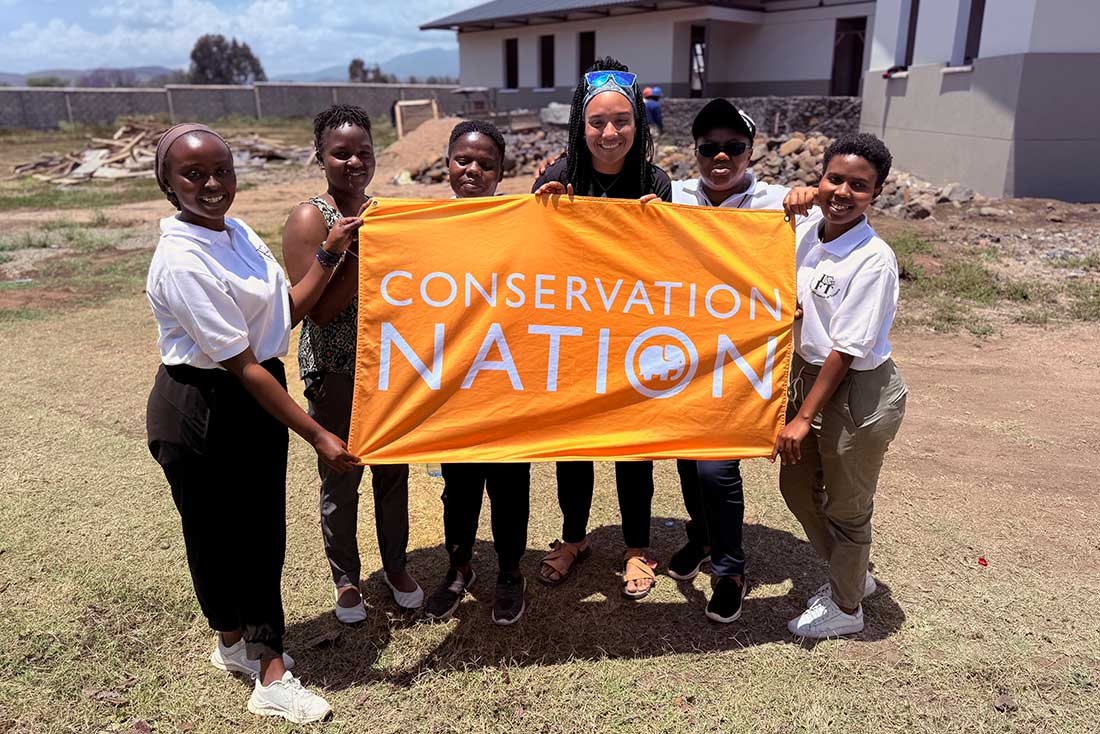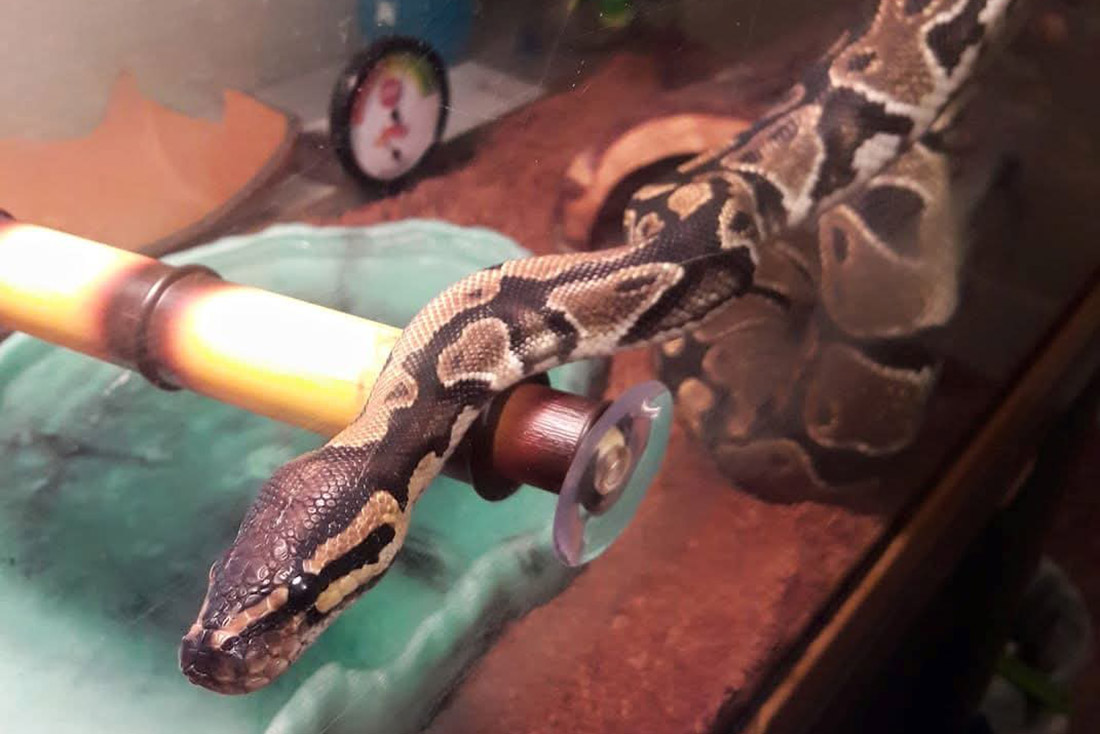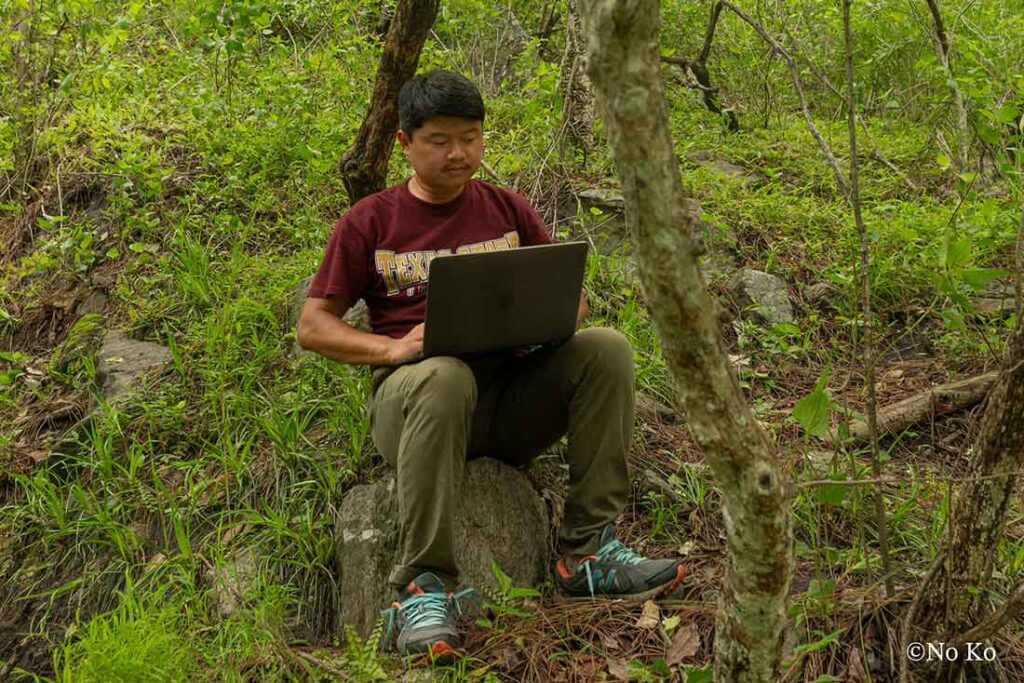Pema Khandu is one of Conservation Nation’s 2024 conservationist grant recipients. Hailing from the ecologically rich country of Bhutan, he has devoted his life to exploring the natural world and the intricacies of wildlife. Pema holds degrees in biology and biology education and is currently pursuing a PhD in aquatic resources and integrative biology at Texas State University. Career-wise, he spent three years as a researcher and wildlife conservation advocate in Bhutan. He has published several scientific papers in international journals focused on guiding policy change and management interventions for rare species, such as the white-bellied heron—the focal species for his PhD dissertation and Conservation Nation project.
Now living in Texas, Pema continues to contribute to wildlife conservation by serving as a reviewer for journals, such as the Journal of Nature Conservation and the Bhutan Journal of Natural Resources and Development. He is also an active member of several professional organizations, including the IUCN Heron Specialist Group, the Waterbird Society, and the Royal Society for the Protection of Nature.
Conservation of the White-bellied Heron
Pema’s project will focus on the critically endangered white-bellied heron (WBH)—a species with less than 60 live confirmed individuals across its current geographic range. Extirpated from Nepal and likely Bangladesh, the WBH population remains critically low in Myanmar, India, and Bhutan due to habitat loss and fragmentation caused by various human activities. Nest predation is another significant threat to the species in Bhutan.
Pema has spent the past five years partnering with local communities and stakeholders to study and conserve WBHs in Bhutan. He will expand upon that work by analyzing environmental DNA (eDNA)* from known WBH habitats and other areas the species might currently inhabit. He plans to use his results to create a dedicated genetic repository for long-term monitoring of the species. Additionally, he hopes to identify the variety and abundance of fish species that might serve as prey for WBHs and the presence of potential predatory and competitor species in their habitats. Pema’s research findings will be essential for guiding habitat conservation and management, reversing population declines, and supporting breeding and reintroduction programs for WBHs in Bhutan.
* DNA molecules shed by organisms that accumulate in natural elements such as air, water, or soil.









